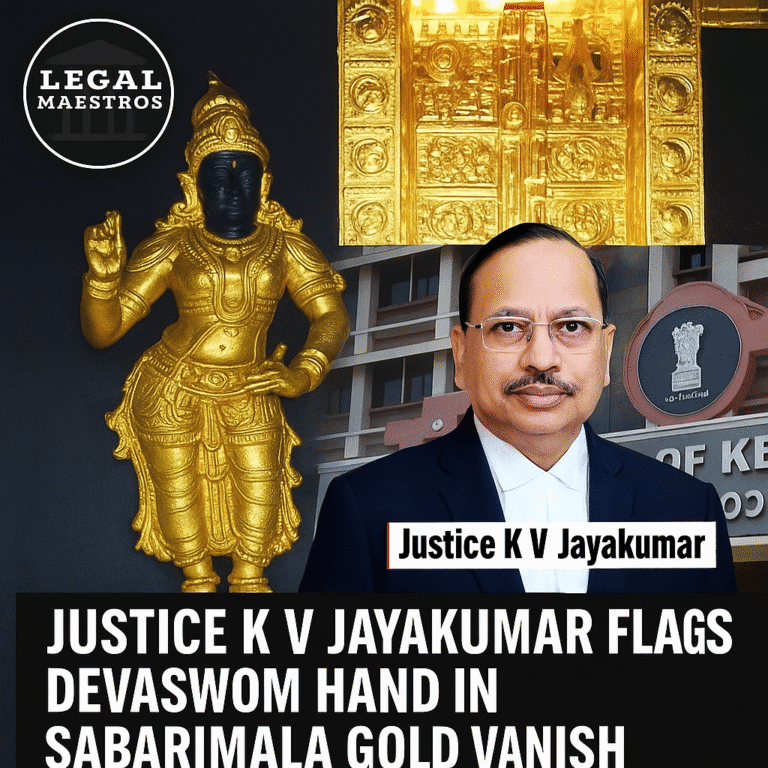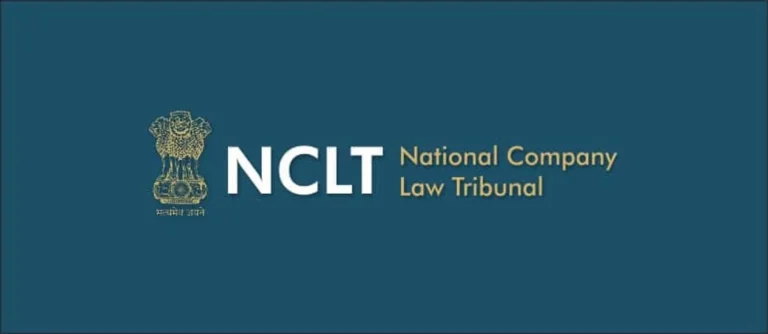
Newslaundry vs. Abhijit Iyer-Mitra Defamation Case Explained
first
Between the internet news outlet Newslaundry and the pundit Abhijit Iyer-Mitra, a major legal dispute developed in May 2025. At the core of the debate are defamation charges, which highlight the careful balance India strikes between the protection of a person’s reputation and the right to freedom of speech.
Historical Background of the Case
Alleging that Abhijit Iyer- Mitra made insulting remarks on the social networking platform X (formerly known as Twitter), nine female reporters from Newslaundry have started a defamation case against him.
The plaintiffs said Mitra alluded to them using words that denigrated them and made unfounded accusations that damaged their personal and professional reputations. The case seeks an unreserved apology from Mitra in addition to a total damages claim of ₹2 crore.
For any queries or to publish an article or post or advertisement on our platform, do call at +91 6377460764 or email us at contact@legalmaestros.com.
For More Updates & Regular Notes Join Our Whats App Group (https://chat.whatsapp.com/DkucckgAEJbCtXwXr2yIt0) and Telegram Group ( https://t.me/legalmaestroeducators )
The Delhi High Court’s response
On May 21, 2025, the Delhi High Court received the case; Mitra received a summons not long after. The court decided that his language of choice for his works was unsuitable as “utterances of this kind are not permissible in any civilized society or culture.”
Justice Purushaindra Kumar Kaurav issued a direction to Mitra, telling him to remove the alleged defamatory tweets within five hours, thereby stressing the seriousness of the allegations.
For any queries or to publish an article or post or advertisement on our platform, do call at +91 6377460764 or email us at contact@legalmaestros.com.
The basic legal basis of the Bharatiya Nyaya Sanhita is found in Section 356.
This case highlights Section 356 of the Bharatiya Nyaya Sanhita (BNS), which addresses defamation, especially in relation to slander.
This section defines producing or publishing any imputation against a person with the goal of damaging, or knowing that such imputation will injure, the reputation of that person is regarded to be defamatory. Defamation might result in a fine, basic incarceration for up to two years, or none of these alternatives.
For any queries or to publish an article or post or advertisement on our platform, do call at +91 6377460764 or email us at contact@legalmaestros.com.
The Constitution’s Article 19(1)(a) ensures one’s freedom of expression right.
Particularly Article 19(1)(a), the Indian Constitution guarantees people their freedom of expression and speech. Article 19(2), which addresses defamation issues, states that this freedom is not unqualified and is subject to reasonable restrictions. Still, this right is not unqualified. The Supreme Court has decided that, while the right to freedom of speech is important, it does not include remarks that damage the reputation of other individuals.
Identifying a Middle Ground Between Reputation and Free Speech
The Indian legal system tries to combine the right to free expression with the need to protect individuals from remarks deemed to be defamatory. Regarding Newslaundry v. Abhijit Iyer- Mitra, the court’s participation emphasizes how crucial it is to maintain this equilibrium, especially in the context of social media, where comments could swiftly spread to a lot of people.
For any queries or to publish an article or post or advertisement on our platform, do call at +91 6377460764 or email us at contact@legalmaestros.com.
Thought Notes Final Thoughts
Newslaundry and Abhijit Iyer-Mitra’s defamation action is a striking example of the challenges that result from trying to reconcile the defense of personal reputations with the right to freedom of expression. As the case develops, it is extremely likely that it will add to the ongoing debate on the restrictions of free expression in India, particularly in the context of digital technologies.




![Research Assistantship @ Sahibnoor Singh Sindhu, [Remote; Stipend of Rs. 7.5k; Dec 2025 & Jan 2026]: Apply by Nov 14, 2025!](https://legalmaestros.com/wp-content/uploads/2025/11/Gemini_Generated_Image_s0k4u6s0k4u6s0k4-768x707.png)
![Karanjawala & Co Hiring Freshers for Legal Counsel [Immediate Joining; Full Time Position in Delhi]: Apply Now!](https://legalmaestros.com/wp-content/uploads/2025/11/Gemini_Generated_Image_52f8mg52f8mg52f8-768x711.png)
![Part-Time Legal Associate / Legal Intern @ Juris at Work [Remote]: Apply Now!](https://legalmaestros.com/wp-content/uploads/2025/11/ChatGPT-Image-Nov-12-2025-08_08_41-PM-768x768.png)
![JOB POST: Legal Content Manager at Lawctopus [3-7 Years PQE; Salary Upto Rs. 70k; Remote]: Rolling Applications!](https://legalmaestros.com/wp-content/uploads/2025/11/ChatGPT-Image-Nov-12-2025-08_01_56-PM-768x768.png)